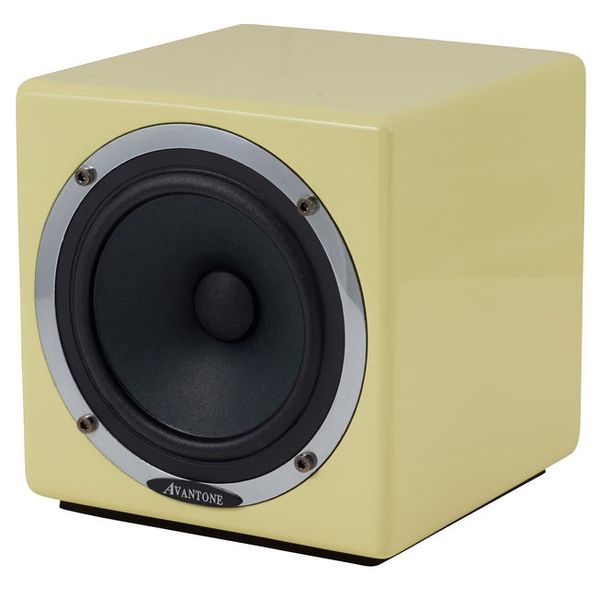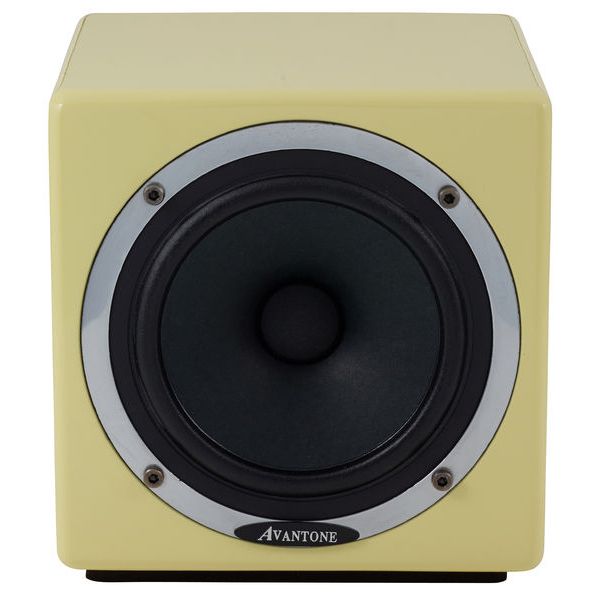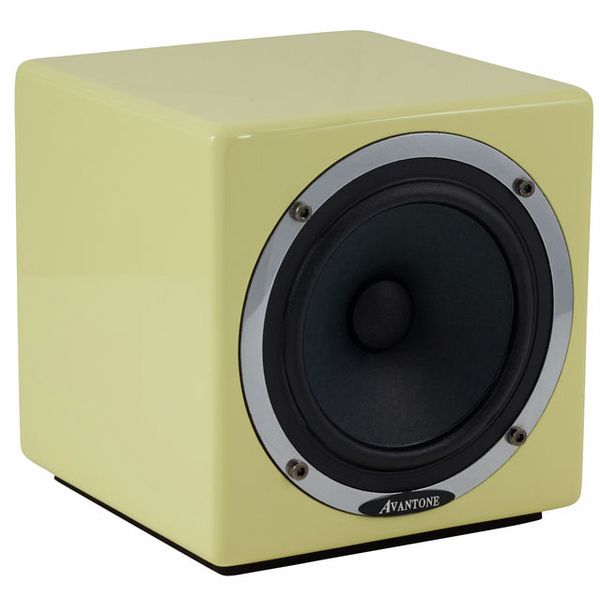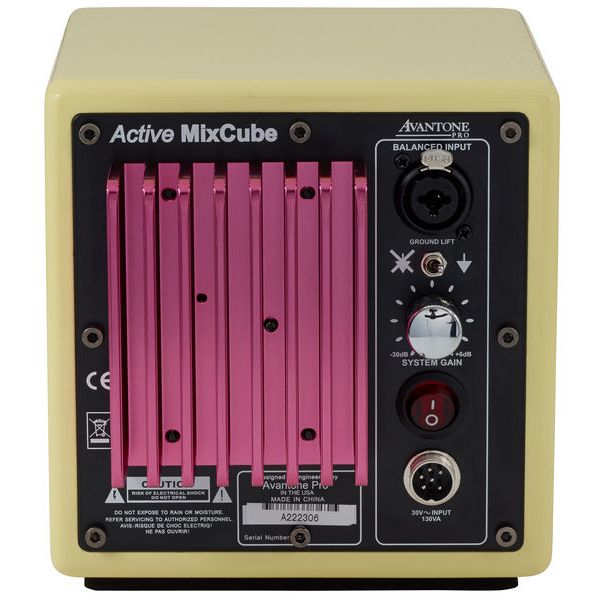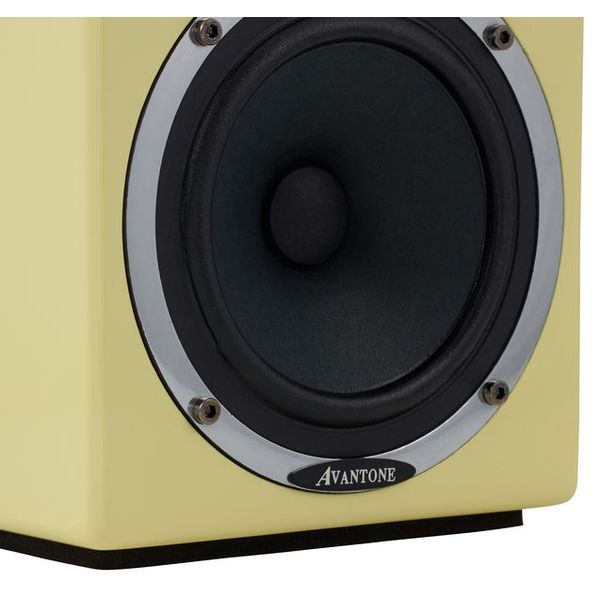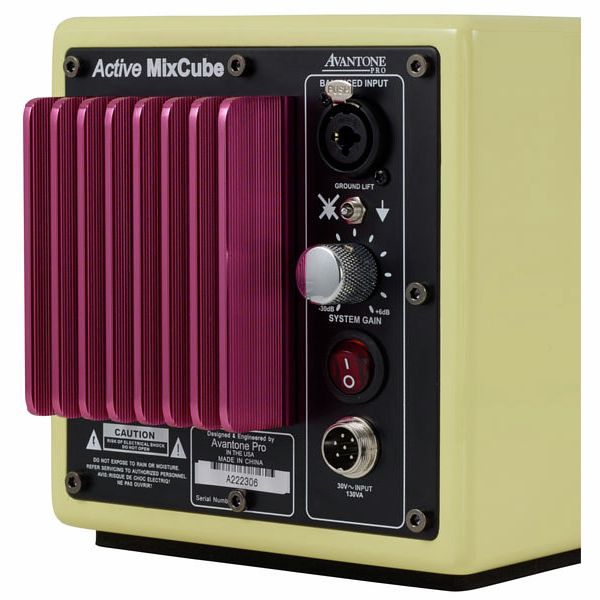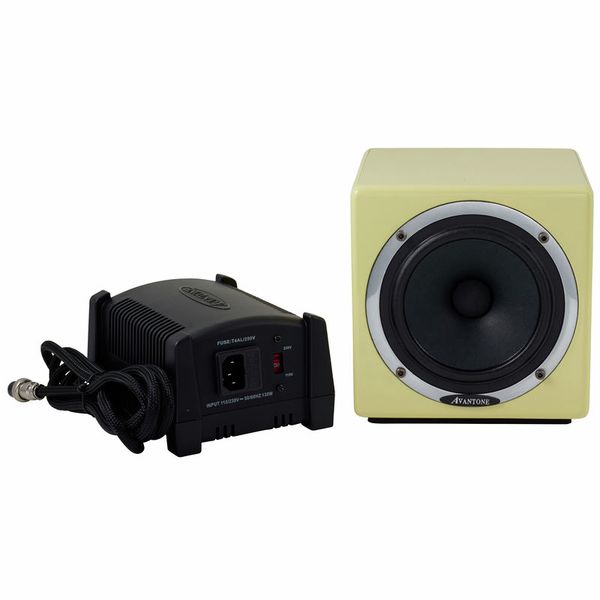Much has been written about the benefits of the small mid-range speaker for improving your mix. For anyone not sure why this is a good idea there is a great in-depth look at this by Mike Senior for Sound on Sound. ()
You won't want these as your first or only pair of mix monitors, but they complement your main monitoring. Also, it will take a little while to get used to using them.
A simple way of thinking about it is to use the speaker to ensure that your mix sounds good on a small speaker, such as a mono radio or desktop speaker. However, there are some very significant other reasons why the MixCube works very well. It updates the long-discontinued classic Auratone 5C Soundcube, which was used (and almost certainly still is) to help mix many classic top records.
Getting the mix sorted in the mid-range, without any crossover or bass frequency room modes to interfere is really helpful. I'm actually using three of these and really loving the results. I switch between the mono centre speaker and a pair either side at 60' (all arranged equidistantly from my chair) I feed the centre speaker with a passively summed mono feed, slightly lifted by 3-6db to compensate for the natural loss in level).
The speakers are really solid (quite weighty) and well-made, with nice external (very heavy) PSUs. They sit on the meter bridge of my desk very nicely and have attracted lots of positive comments since they arrived. Gives a good impression.
When you switch to the MixCubes, you notice the relatively 'boxy' sound straight away and then your ears quickly adjust. You can then start working on vocal levels, kick / bass levels and other relative levels without the speakers distorting or resonating. (Also there's no artificial port resonance or boom). When you switch back to your main nearfields there is a really gratifying change of perspective and the results of the adjustments immediately become apparent. I am finding that the better the mix adjustments I have made, the more seamless the transition back and forth between the speakers seems. (i.e. nothing disappears from the mix or jumps out when I switch). So this helps me judge how well I'm doing.
So overall, I'm really impressed and I can heartily recommend them. Use just one for a handy mono check and relative balance tool or use two or even three.



